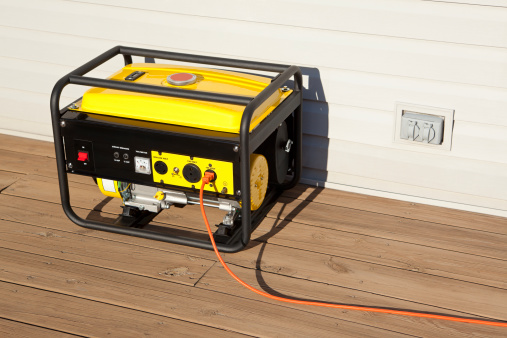4 Expert Tips On How To Repair Your Skin Barrier

The skin is the largest and most obvious organ in the human body, but it also serves as the primary barrier between the rest of you and harmful bacteria and toxins in the environment. Conditions like eczema, psoriasis, and dermatitis manifest themselves when the skin's protective barrier is compromised.
Moreover, a strong skin barrier is critical for retaining moisture, halting inflammation, and preserving a youthful appearance. So, what can you do to maintain its fitness?
This article will teach you all about the skin's barrier, how to tell if it's been compromised, and what you can do to get it back to a healthy state.
What Is A Skin Barrier?
The skin barrier is the top layer of skin, also known as the epidermis or stratum corneum. This layer's function is to act as a barrier or shield, keeping harmful substances like bacteria and pollution from entering the body.
Two main components, keratin and lipids, make up the barrier of your skin. Keratin, a protein, plays a role in maintaining the health and vitality of the skin. The fats known as lipids are effective at retaining moisture and stopping it from evaporating. These components work in tandem to form a physical barrier that keeps harmful environmental factors from penetrating the skin.
What Causes A Skin Barrier Damage?
Your skin's protective barrier is constantly being renewed as old cells die and are replaced by new ones. Akin to exfoliation, this natural process (known as skin degeneration and regeneration or epidermal desquamation) removes dead cells to keep skin looking smooth and radiant.
The process by which our bodies naturally shed and replace dead skin cells is occasionally impeded. The good news is that with the right skincare routine and products, you can prevent most of the factors that lead to a compromised skin barrier. These are some of the most common causes of skin damage:
Dry climate:
Cracking and dry skin is a common side effect of living in a dry climate. One way to increase moisture indoors is to use a humidifier.
Dehydration:
Getting enough water is crucial to your body's health and for maintaining supple skin.
Exposure to sunlight:
Damage to cell DNA caused by the sun's ultraviolet rays is a known risk factor for several skin diseases and cancers.
Hot showers:
Though pleasant to experience, long, hot showers can be harmful because they remove the protective oils from your skin.
Excessive washing:
The natural oils that serve as a barrier for the skin can be lost if you wash your face too often. It's possible that this could cause skin to become dry and irritated.
Harsh products:
If you have particularly delicate skin, you should avoid using harsh soaps, detergents, and cleaners.
Symptoms of A Damaged Skin Barrier
It is impossible for the skin to function as a protective barrier if the skin regeneration process is impaired. The following symptoms or skin problems may result from this:
- Skin irritation
- Cracked, dry skin
- Inflammation, pain, and redness across large areas of skin
- Infection
- Blisters
Tips To Restore Damaged Skin Barrier
Our skin isn't always as healthy as it could be, even when we follow a strict skincare routine. Fortunately, you can give your skin a boost with the help of a variety of skin barrier repair products and changes to your lifestyle.
1. Use a mild cleanser.
Using abrasive cleansers on your face isn't required to maintain clean skin, despite common belief. In fact, excessive face washing removes the protective oils from our skin that prevent moisture loss.
Stay away from harsh detergents and soaps. Select a mild, fragrance-free cleanser instead. Hydration can be restored by using a skin care product containing ceramide, glycerin, or hyaluronic acid, all of which are found in the skin's natural moisture barrier.
2. Avoid hot showers.
Extra heat causes a chain reaction that erodes the skin's protective barrier by removing vital nutrients and natural oils.
Use lukewarm water for washing, or take shorter showers. You should also limit your time spent in hot tubs and saunas, both of which can damage your skin's protective barrier if you stay there for too long.
3. Use a mild exfoliant.
Although exfoliation sessions have their benefits, overly aggressive scrubbing can cause skin damage. The same holds true for exfoliating too frequently; once or twice weekly should be plenty to maintain healthy skin. If your skin is easily irritated, try switching to a gentler exfoliant or switching to a loofah.
4. Invest in a hydrating moisturiser.
Dry skin develops when the skin barrier has a water content of less than 10%, according to studies. Keeping your skin's barrier hydrated and functioning properly can be aided by using topical hydrating products.
You should use a moisturising lotion after washing your face to prevent moisture loss and preserve your skin's natural defences. Traditional soaps, which often have a pH that is different from our skin, can cause an imbalance that results in dryness and irritation, so it's best to avoid using them.
Hot Categories
1.
2.
3.
4.
5.
Imaginative Articles
Get all the top stories from blogs to keep track.





